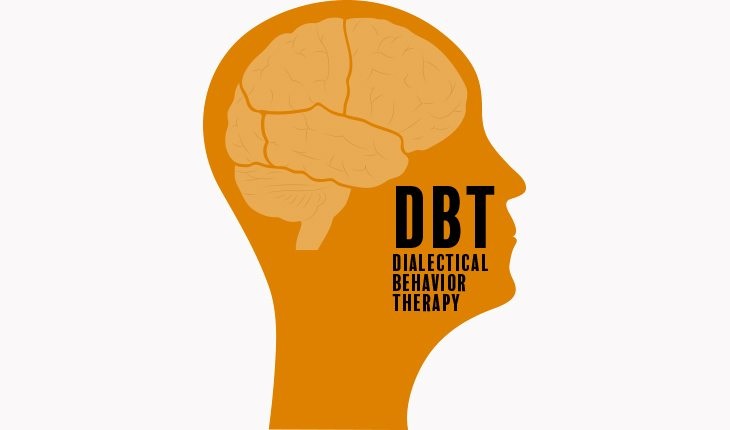What is Dialectical behavior therapy (DBT)?

DBT is a type of cognitive-behavioral therapy that focuses on helping people change problematic behaviors and thought patterns. The goal of DBT is to help people learn how to manage their emotions, cope with stress, and make better choices.
DBT was developed in the 1980s by Dr. Marsha Linehan, a psychologist who was herself struggling with bipolar disorder. Later on, she found that standard cognitive-behavioral therapy techniques didn’t work for her, so she developed her own approach.
DBT has been shown to be effective in treating a variety of mental health disorders, including eating disorders, borderline personality disorder, post-traumatic stress disorder, and substance abuse disorders. If you’re struggling with any of these issues, you may want to consider seeking out DBT treatment.
What are the benefits of DBT?
- It Improves your relationships
- It improves quality of life
- The skills go beyond mental illness
What does Dialectical behavior therapy treat?
DBT focuses on helping people change their negative thinking and behavior patterns. DBT has been shown to be an effective treatment for disorders such as depression, anxiety, eating disorders, substance abuse, and borderline personality disorder.
What is the aim of DBT?
Dialectical behavior therapy (DBT) aims to help people change harmful or unhealthy behaviors. It was originally developed to treat borderline personality disorder, but has since been shown to be effective in treating a variety of other mental health conditions.
DBT is based on the idea that people are capable of change, but that change is often difficult. The goal of DBT is to help people learn new skills to cope with challenging situations and to make positive changes in their lives.
DBT has four main components:
- Mindfulness: This involves learning to be fully present in the moment and aware of your thoughts, feelings, and surroundings.
- Distress tolerance: This involves learning to cope with difficult situations in a healthy way, without making the situation worse.
- Emotion regulation: This involves learning to manage and respond to your emotions in a healthy way.
- Interpersonal effectiveness: This involves learning to communicate effectively and to manage relationships in a healthy way.
DBT is a highly structure type of therapy that involves both individual and group counseling. It is usually provided in an outpatient setting, but can also be provided in an inpatient or residential setting. Kamagra Jelly buy is the best option for males to reignite their love lives.
Major difference between DBT and Cognitive behavior therapy (CBT)?
DBT and cognitive behavior therapy are two different approaches to treating mental health conditions. Although they share certain similarities, but there are some key differences between them.
In DBT, the focus is on helping the individual to learn how to regulate their emotions and behavior. The therapist works with the individual to help them identify and change any thoughts or behaviors that are contributing to their distress.
Cognitive behavior therapy is a type of therapy that focuses on helping the individual to change the way they think about things. Moreover, it works to help the individual to identify and challenge any negative thoughts that are contributing to their mental health condition. Most importantly, CBT can be apply to treat a wide variety of mental health conditions, including anxiety and depression.
So, what’s the difference between these two types of therapy? Well, DBT focuses more on helping the individual to change their behavior, while CBT focuses more on helping the individual to change their thoughts. Both approaches can be effective in treating mental health conditions, but it’s important to find the right therapist who can help you choose the right approach for you. Kamagra Fast Next day delivery is the best option for males to order an FDA-regulated medicine online.
Can you learn DBT by yourself?
It’s possible to learn DBT skills on your own, but it can be difficult to maintain motivation. A therapist can support you in making lasting changes in your life.




